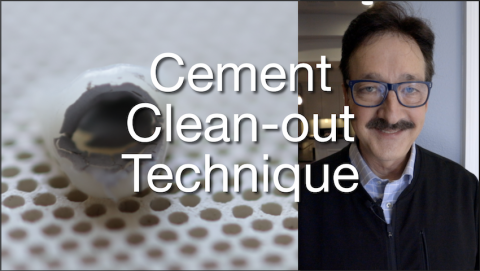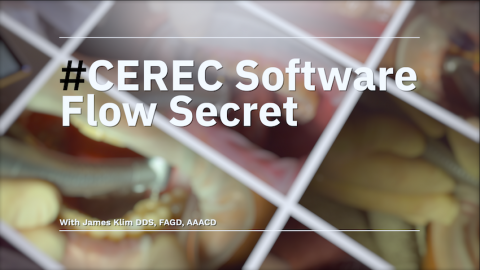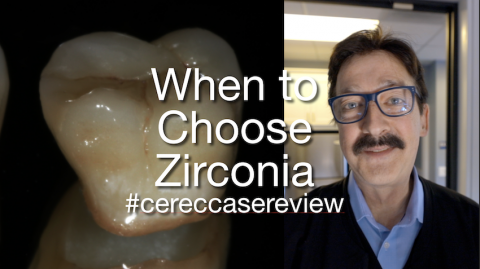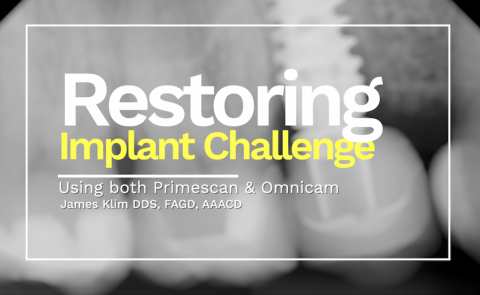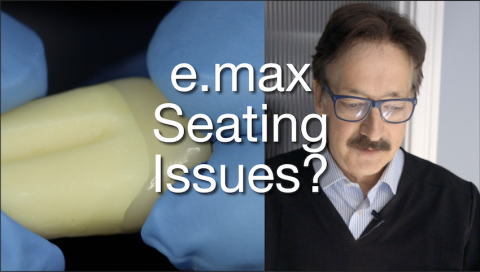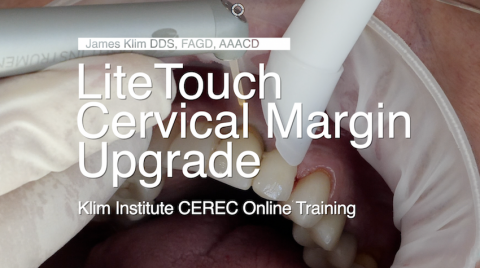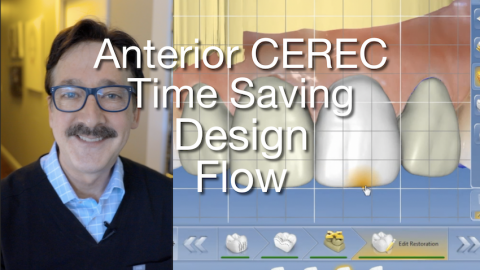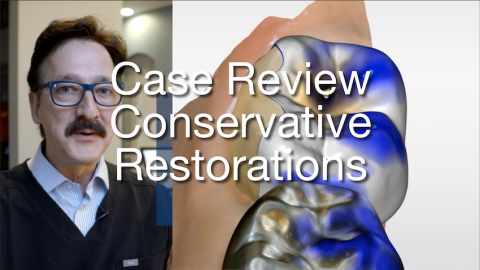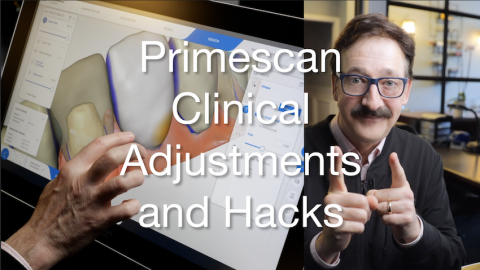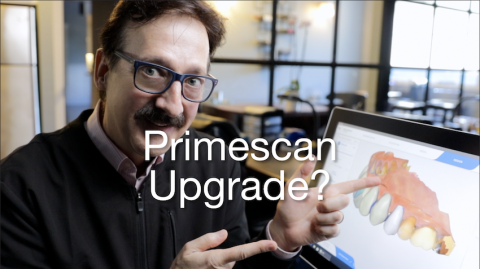What is the best way to clean-out cement when there is a crown or cement delamination? This video will document the furance temperature and effective way to clean-out cement and avoiding damaging the ceramic. This technique is also an excellent way to denature cement when needing to separate and remove the TiBase from an abutment or one-piece crown/abutment restoration if the color needs further enhancing.
Use a resting temperature of 550. Just close the furance cover at 550 P3 without activating P3 cycle.

